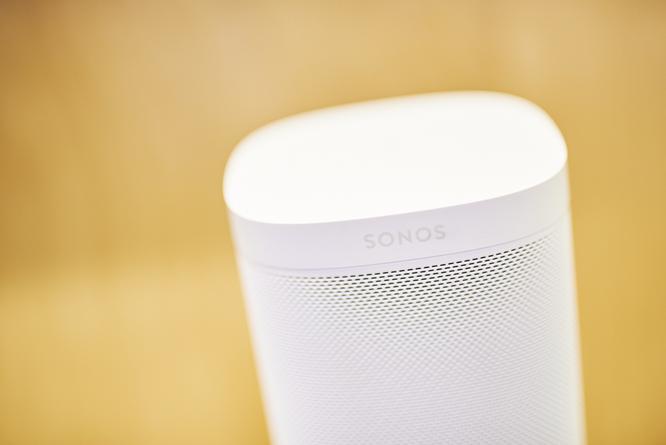America's International Trade Commission has said Google infringed five of Sonos’s patents – and has banned Google from importing into the US products that rip off Sonos’ home speaker intellectual property.
Here's the scary sounding ruling from the ITC’s Secretary Lisa Barton this week:
Notice is hereby given that the U.S. International Trade Commission has determined that respondent Google LLC (“Google”) has violated section 337 of the Tariff Act of 1930, as amended, by importing, selling for importation, or selling in the United States after importation certain audio players and controllers, components thereof, and products containing the same that infringe one or more claims of U.S. Patent Nos. 9,195,258; 10,209,953; 9,219,959; 8,588,949; and 10,439,896.
Those patents describe methods to manage the volume of multiple audio players on a network from a controller-like hub, pairing players, and so on.
Sonos’ chief legal officer Eddie Lazarus told the New York Times: “We appreciate that the ITC has definitively validated the five Sonos patents at issue in this case and ruled unequivocally that Google infringes all five. That is an across-the-board win that is surpassingly rare in patent cases.”
Google builds its gear in China and ships it to the US. Although the heavy-worded ruling seemingly affects Google’s ability to import a range of network-connected music-playing devices, from its Chromecast and Google Nest to Google Home and Pixel smartphones, in reality, Google is unlikely to be impacted by the ban, which takes effect in 60 days.
That's because after a warning shot last year from the ITC that Google was potentially infringing Sonos's patents, Google pledged to make changes to its software and firmware to avoid violating that intellectual property.

These changes have been accepted by the ITC, and with them in place, Google can carrying on shipping its electronics. The alterations include removing functionality described to a degree by Sonos's patents.
“While we disagree with today’s decision, we appreciate that the International Trade Commission has approved our modified designs and we do not expect any impact to our ability to import or sell our products,” a Google spokesperson confirmed to The Register.
One of the changes removes the ability to adjust the volume of a group of Google-powered speakers using a centralized Google Home mobile app. Customers also won’t be able to ask Google’s smart assistant to automatically turn the volume up and down.
"You will need to adjust each speaker individually instead of using the group volume controller. You’ll also no longer be able to change your Speaker Group volume using your phone’s physical volume button," Google noted.
Another change is during setup for devices that already shipped with infringing firmware: "A small set of users will need to use the ‘Device Utility app’ (DUA) to complete product installation and updates. You may receive a prompt to download and run DUA, and it will ensure that your device is connected to Wi-Fi and receives the most updated software version."
Sonos decided to take on Google in court after the internet behemoth refused to pay royalties for using its technology. Although the ITC’s ruling for this case is final, the legal spat between both companies isn’t quite over yet.
Google counter-sued Sonos for allegedly infringing five of its own patents in a tit-for-tat case filed in northern California. In return, Sonos filed another lawsuit in western Texas claiming Google violated another five patents.
“We will seek further review and continue to defend ourselves against Sonos’ frivolous claims about our partnership and intellectual property,” a Google spokesperson told us.
Sonos had no further comment at time of publication. ®
Get our Tech Resources







